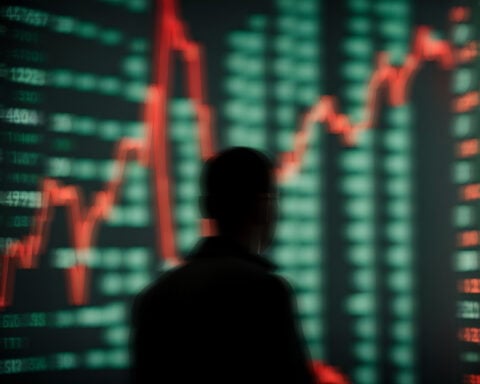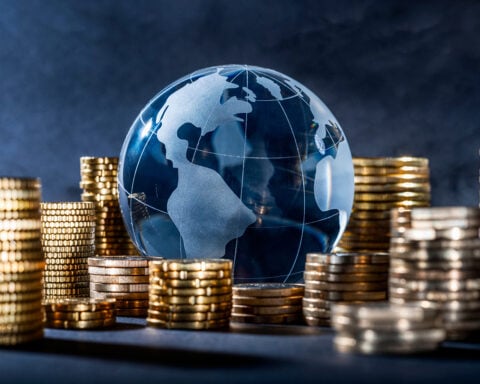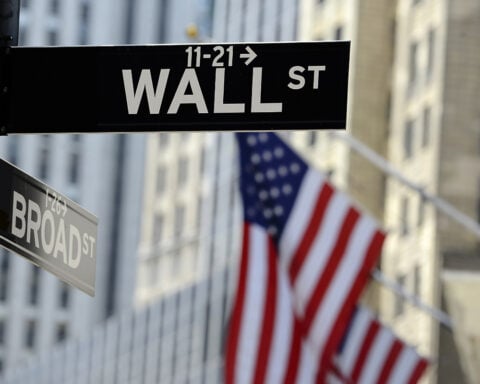The International Monetary Fund (IMF) is sounding the alarm over a concerning trend: the escalation of tariffs, which it labels as the most pressing threat to the global economy. IMF Managing Director Kristalina Georgieva has pointed to a significant rise in trade restrictions, with tariffs tripling over the past year to a staggering 3,000. Alarmingly, two-thirds of these tariffs lack clear justifications.
This surge in tariffs and other trade limitations is primarily being driven by major economic players like the United States, China, and the European Union. These measures, often framed as industrial policies, are contributing to a slowdown in global trade, adding to the challenges faced by economies worldwide.
While Georgieva acknowledges the need to address certain issues like trade imbalances and supply chain vulnerabilities, she stresses the importance of adopting more nuanced approaches to tariffs. She warns against the indiscriminate implementation of protectionist measures, advocating for thoughtful consideration of their broader impacts.
One crucial lesson underscored by Georgieva is the importance of supply chain security, particularly highlighted by events such as the Russia-Ukraine conflict. This has prompted many nations to reassess their dependence on specific suppliers and prioritize diversification to mitigate potential disruptions.
The negative effects of tariff policies are already apparent, with both President Biden and former President Trump pursuing aggressive tariff strategies. These policies have resulted in slower-than-expected growth rates, prompting the IMF to revise its short-term growth outlook to 3.2%.
IMF estimates suggest that the repercussions of trade restrictions could be severe, potentially costing the global economy up to 7% of its GDP. Georgieva has voiced concerns about the likelihood of retaliatory measures, which could further escalate trade tensions and worsen economic conditions.
Despite a positive short-term outlook, Georgieva warns of disappointing medium-term growth prospects, with global growth projected to hover around 3%—nearly 1% lower than pre-pandemic levels. This slower growth trajectory could lead to increased economic uncertainty, affecting families and individuals worldwide.
Furthermore, Georgieva highlights the growing gap between advanced economies and emerging markets, which could deepen global inequalities. The IMF predicts that poorer countries may fall further behind, undoing the progress made over the past three decades in lifting millions out of poverty.
Georgieva emphasizes the importance of maintaining inclusive integration that benefits all nations, cautioning against policies that could raise costs and contribute to inflationary pressures. Rising poverty and hunger, she warns, could have profound implications for global security, emphasizing the need for concerted efforts to address these challenges.
The IMF’s warning about the escalation of tariffs underscores the need for coordinated action to protect the global economy. While addressing legitimate concerns about trade imbalances and supply chain vulnerabilities, policymakers must exercise caution to avoid worsening economic challenges. The stakes are high, with the potential consequences of unchecked protectionism posing significant risks to global growth and stability.







